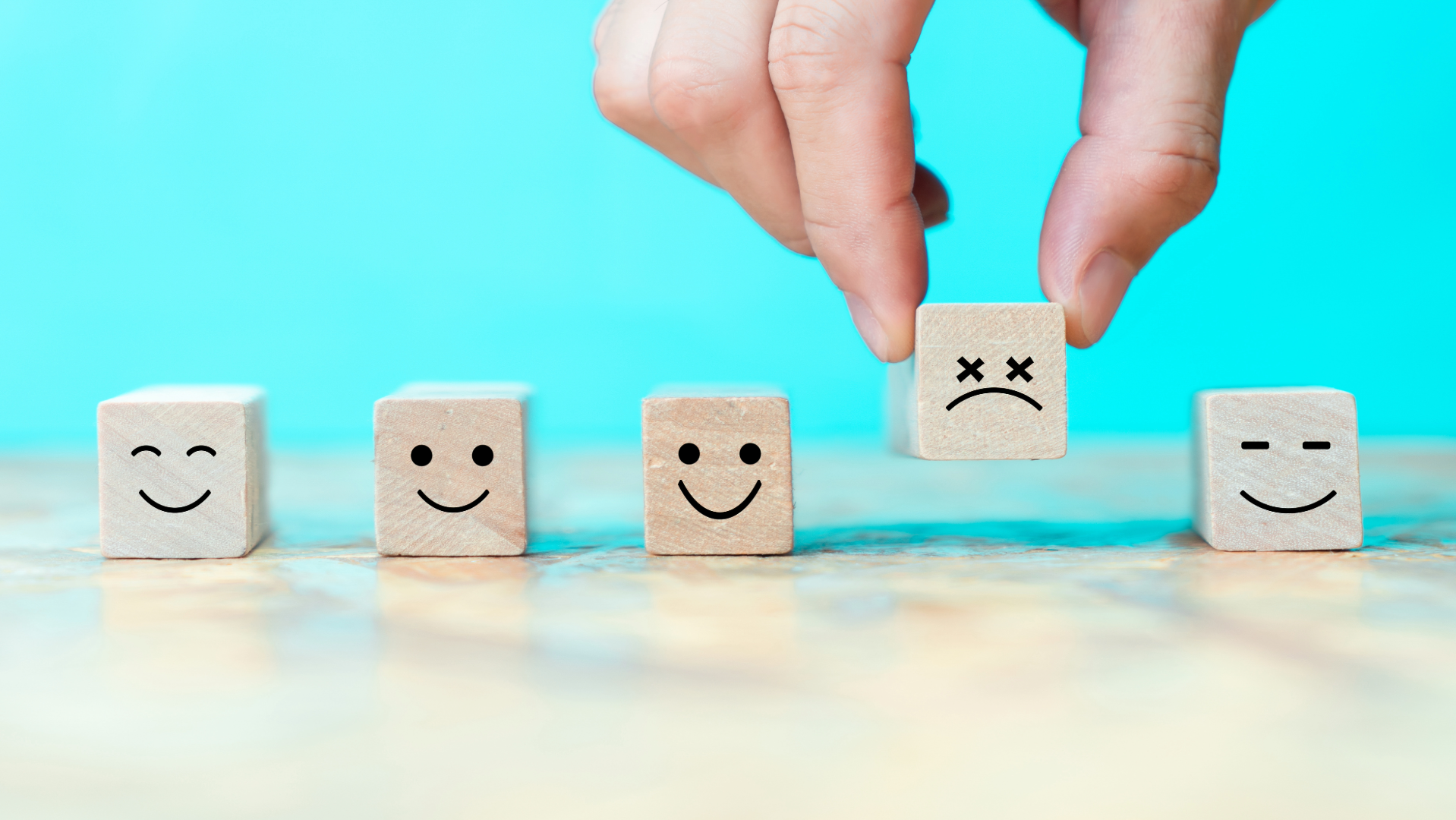Personal Health and Wellness refers to a holistic approach to maintaining and improving one’s physical, mental, and emotional well-being. This concept encompasses various practices, habits, and lifestyle choices that contribute to an individual’s overall health and quality of life. The focus is on creating a balanced lifestyle that promotes optimal health, prevents disease, and enhances overall happiness. Here’s a closer look at the key components and benefits of personal health and wellness:
Key Components of Personal Health and Wellness
- Physical Health
- Nutrition: A balanced diet rich in fruits, vegetables, whole grains, lean proteins, and healthy fats is essential for physical health. Proper nutrition provides the necessary nutrients for energy, growth, and overall bodily functions.
- Exercise: Regular physical activity is crucial for maintaining a healthy weight, improving cardiovascular health, and enhancing overall fitness. Activities can include aerobic exercises, strength training, flexibility exercises, and recreational sports.
- Sleep: Adequate and quality sleep is vital for physical recovery, cognitive function, and emotional well-being. Establishing good sleep hygiene can significantly impact overall health.
- Mental Health
- Stress Management: Effective stress management techniques, such as mindfulness, meditation, deep breathing exercises, and yoga, help reduce anxiety and promote relaxation.
- Mental Resilience: Building mental resilience involves developing coping strategies, maintaining a positive mindset, and fostering emotional intelligence to navigate life’s challenges.
- Seeking Professional Help: Engaging with mental health professionals, such as therapists or counselors, can provide support for managing mental health conditions and improving emotional well-being.
- Emotional Well-Being
- Self-Care: Practicing self-care involves prioritizing activities that promote relaxation and happiness, such as hobbies, spending time with loved ones, and engaging in activities that bring joy.
- Social Connections: Building and maintaining strong social connections and support systems is essential for emotional health. Positive relationships contribute to a sense of belonging and overall happiness.
- Emotional Expression: Allowing oneself to express emotions openly and healthily can enhance emotional resilience and contribute to a better understanding of personal feelings.
- Preventive Health Care
- Regular Check-Ups: Routine medical check-ups and screenings are important for early detection and prevention of health issues. Staying up-to-date with vaccinations and health screenings can help maintain health.
- Health Education: Staying informed about health-related topics, understanding personal health conditions, and being proactive about health choices are crucial for effective self-management.
- Work-Life Balance
- Time Management: Effectively managing time between work, personal life, and leisure activities contributes to overall wellness. Setting boundaries and prioritizing tasks can help achieve a healthy work-life balance.
- Leisure Activities: Engaging in leisure activities and hobbies provides a break from routine stressors and contributes to relaxation and enjoyment.
Benefits of Personal Health and Wellness
- Enhanced Quality of Life
Prioritizing health and wellness leads to a higher quality of life, allowing individuals to engage fully in daily activities and pursue personal goals. - Disease Prevention
A focus on health and wellness can significantly reduce the risk of chronic diseases such as obesity, diabetes, heart disease, and mental health disorders. - Increased Energy and Vitality
Maintaining physical health through nutrition, exercise, and adequate sleep boosts energy levels and enhances overall vitality, enabling individuals to perform daily tasks more effectively. - Improved Mental Clarity and Focus
A healthy lifestyle positively impacts cognitive function, leading to improved concentration, creativity, and productivity. - Better Emotional Resilience
Engaging in practices that promote emotional well-being helps individuals develop better coping strategies, leading to increased resilience in the face of life’s challenges. - Stronger Relationships
Prioritizing personal health and wellness contributes to better emotional and social well-being, resulting in stronger relationships and improved social interactions.
Overall Impact
Personal Health and Wellness play a critical role in enhancing overall well-being and quality of life. By focusing on the interconnected aspects of physical, mental, and emotional health, individuals can create a balanced lifestyle that promotes longevity, happiness, and fulfillment. Investing in personal health and wellness not only leads to improved individual health outcomes but also contributes to healthier communities and a better quality of life.
